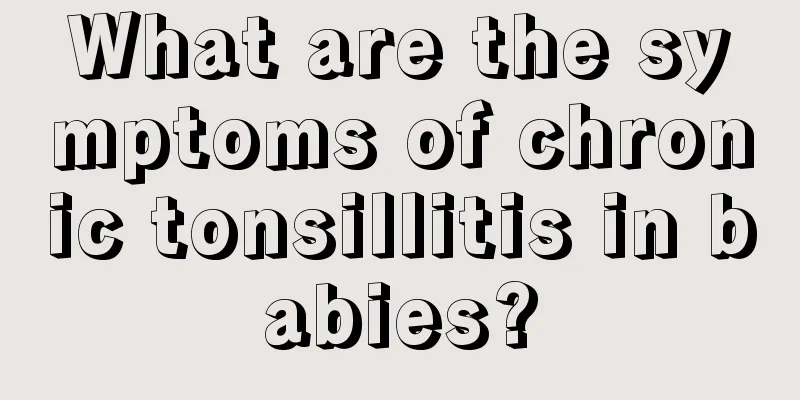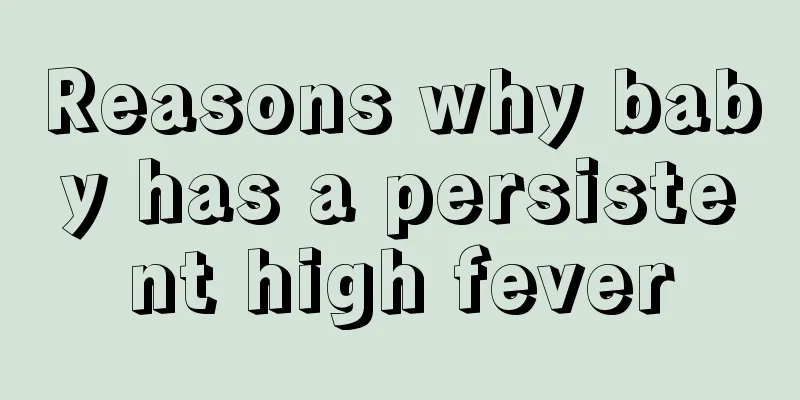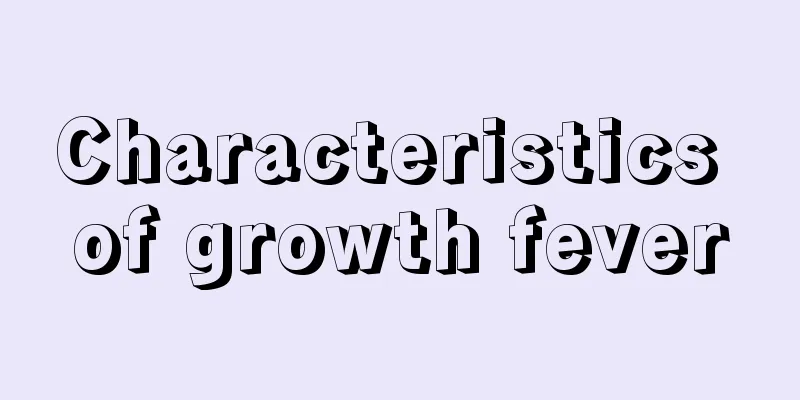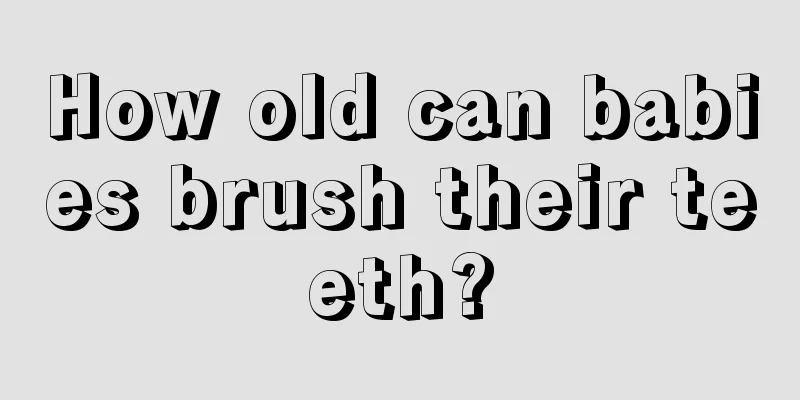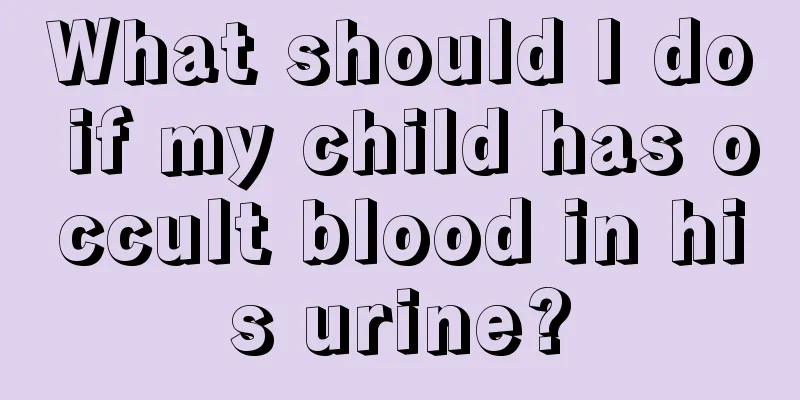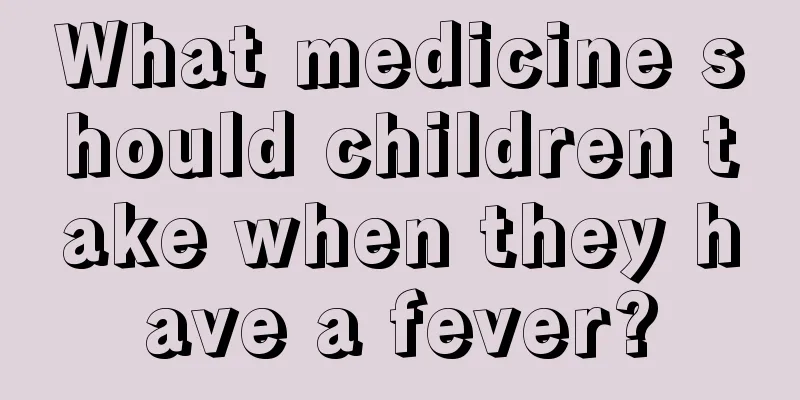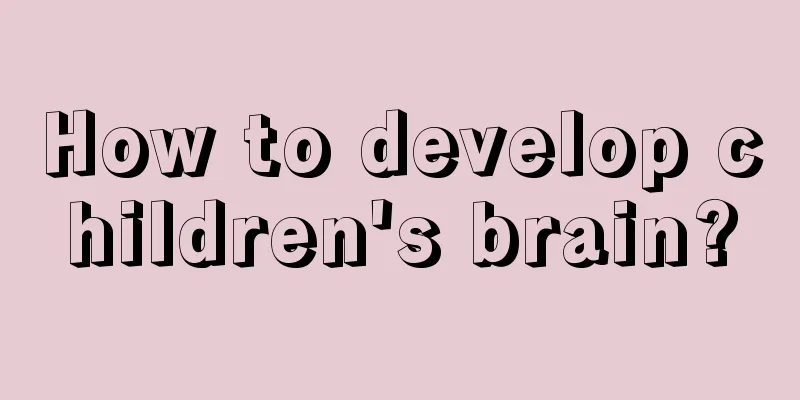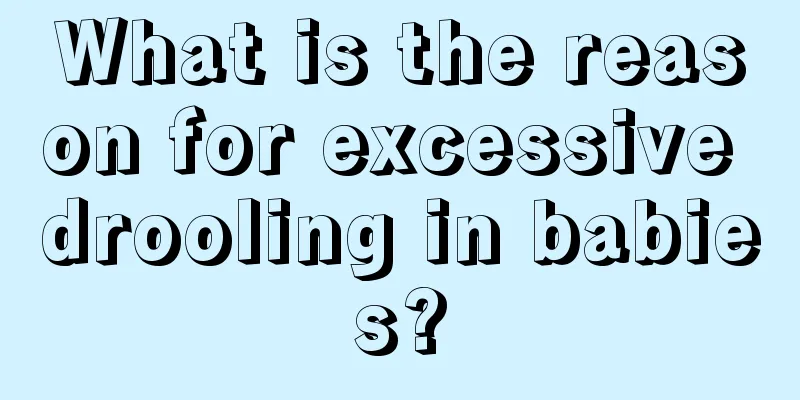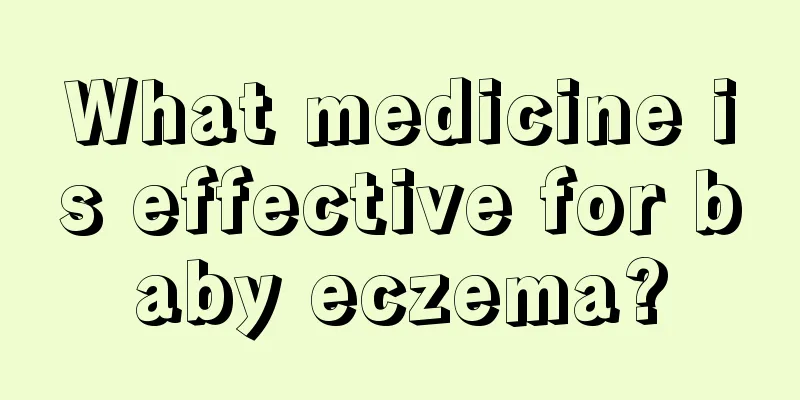Is infantile convulsion a seizure? What symptoms will it cause?
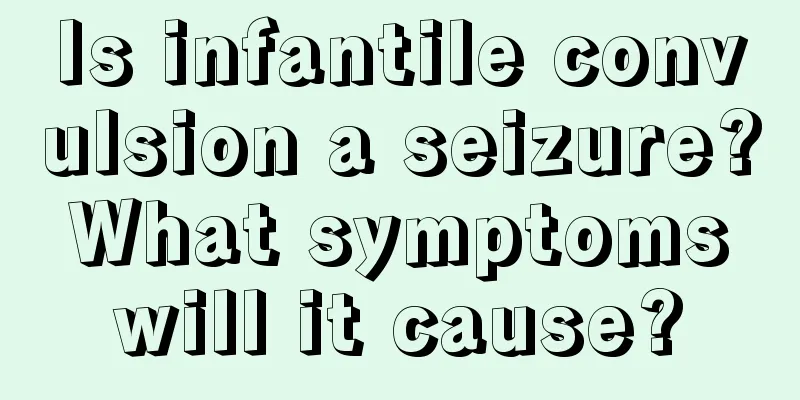
|
Infantile convulsions, also commonly known as infantile seizures, will show symptoms of convulsions and fits after the attack. Severe cases may be accompanied by cramps in the hands and feet. Infantile convulsions usually occur in children under the age of five. Various complications may occur regardless of the season. Therefore, patients need to understand the specific symptoms of infantile convulsions in normal times, so that they can discover them in time, make a good judgment on the child's condition early, conduct examinations and treatments, control the condition, and prevent it from getting worse. Infantile convulsions usually occur in children around 1-5 years old and can occur in any season. They often occur in acute and serious illnesses such as meningitis, craniocerebral injury, pneumonia, and sepsis. 1 The ancients summarized the eight symptoms of convulsions, namely: twitching, shaking, trembling, pulling, reversing, pulling, running, and staring. The so-called convulsions are the general term for the eight manifestations mentioned above. The appearance of the eight signs indicates that convulsions are already occurring. However, not all eight signs must appear when convulsions occur, and the severity and speed of convulsions in children vary depending on the different causes of the disease. Generally, they can be divided into acute convulsions and slow convulsions according to their characteristics. 2 Due to the different causes of acute convulsions, differences in children's physical constitutions and the severity of the disease, the manifestations of acute convulsions are not consistent. Although the symptoms of acute convulsions come on suddenly, before the convulsion occurs, children usually have precursor symptoms such as vomiting, fever, irritability, being easily startled when sleeping, or shaking their heads, sticking out their tongues, gritting their teeth, and occasionally crying out in surprise. However, since the precursor symptoms are short-lived, they are often difficult to be discovered by people. 3 The main symptoms of acute convulsions are: rapid onset, coma in children, darting eyes, clenched jaws, stiff head and neck, convulsions in limbs, floating or slippery pulse, purple fingerprints, etc. 4 The main symptoms of chronic convulsions include convulsions and coma, which are the same as those of acute convulsions. In addition, the affected children also show symptoms such as fatigue, drowsiness, pale and sallow complexion, a general drop in body temperature, cold limbs, weak breathing, sunken fontanelle, and weak convulsions or seizures that are not convulsions. |
<<: How to treat tooth decay in children
>>: What treatments are effective for children's cough?
Recommend
What should I do if my baby has a red buttock pain due to wearing diapers?
The baby's excretion is a very troublesome is...
Treatment of bronchopneumonia in children
We all know that children are very likely to deve...
Baby, why does my ear hurt?
Children's physical problems are always on th...
What causes ADHD in children?
The occurrence of ADHD in children may be affecte...
What are the consequences of a baby's head fontanelle being hit?
The bodies of infants and young children are very...
What is the situation of blood in the stool of a 3-month-old baby?
3 month old baby. Physical development status. Th...
What to do if your child has trouble breathing while sleeping
It is the common wish of all parents that every c...
What can I do to improve my baby's cough at five months old?
Recently, many people have consulted me saying th...
Introduction to childhood pneumonia
Pneumonia in children. We have introduced many is...
Do I need to fill my decayed baby teeth?
Primary teeth are the teeth that children have be...
Signs of a baby growth spurt
As the baby grows up day by day, parents will fin...
Three-year-old baby has knee pain
When it comes to knee pain, many people will subc...
Child's chin is purple?
If a child's chin turns purple, it is mostly ...
Why does the child have a thick neck?
In life, many children will have thick necks. Whe...
How to treat foaming at the mouth in babies?
Many babies have foaming at the mouth, which make...
